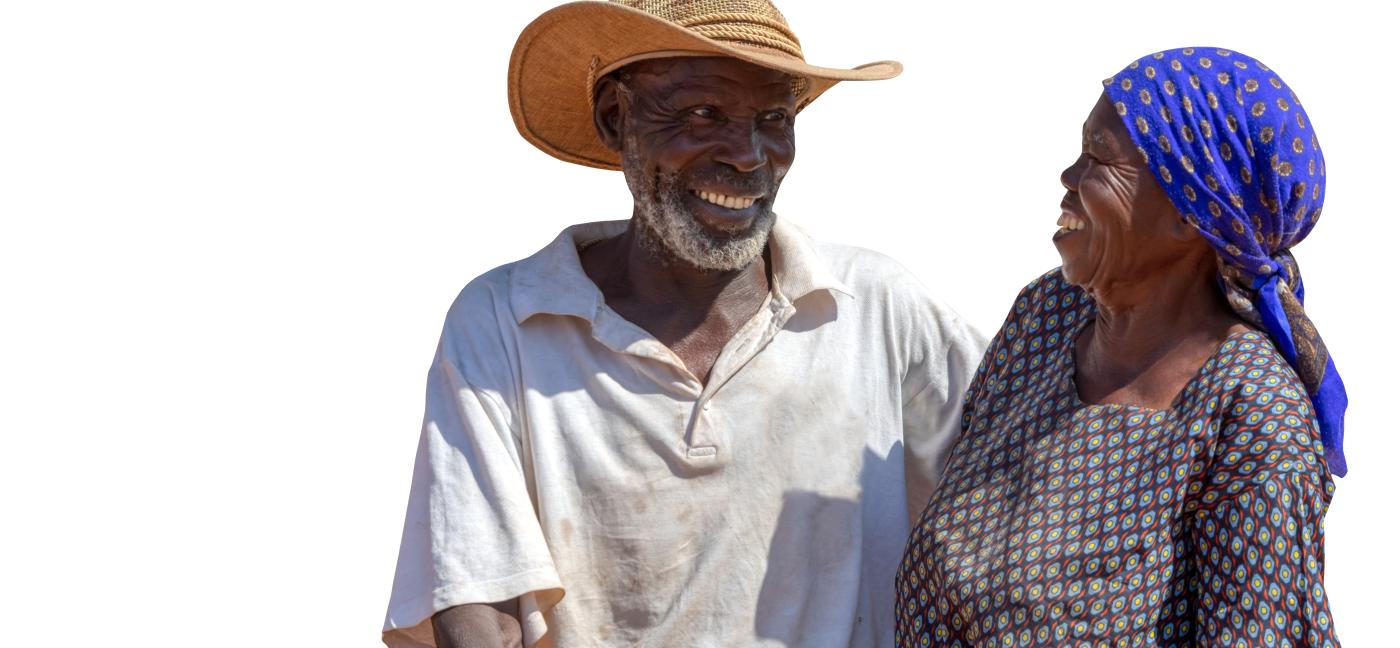Overview
Traumatic brain injury (TBI) survivors and their families are often faced with a range of difficulties which negatively impact on quality of life. In many under-resourced countries, including Botswana, the impact is exacerbated by a lack of resources and people have limited access to support services and rehabilitation. The significant risk to brain health that TBI poses calls for an increase focus on strategies to mitigate the impact of TBI. The aim of this pilot thus to develop supports in the form of an educational resource booklet for TBI survivors and their families. A further aim is to examine the impact of a comprehensive approach (receiving information about TBI via the resource booklet and participation in a TBI support group) relative to a treatment as usual condition, on cognitive and emotional functioning and on quality of life.
Project Details
Randomized controlled trial with TBI intervention and waitlist control group, assessed at three time points. Recruitment will be from the two main referral hospitals in Botswana (Nyangabgwe hospital and Princess Marina hospital). Participants will include individuals who have sustained moderate – severe TBI and their primary caregivers. The intervention group will receive coping strategies and information booklets about TBI. The information will be discussed and elaborated upon in group format over an 8week period. Control participants will receive care as usual.
Baseline, post-intervention and follow up measures will include the Brain Health Assessment, World Health Organization quality of life measure (WHOQOL), the Hospital anxiety and Depression Scale (HADS) and the General health questionnaire (GHQ). It is expected that those who are allocated to the treatment group (comprehensive approach towards TBI) will show greater improvement in performance on outcome measures than waitlist control participants.





